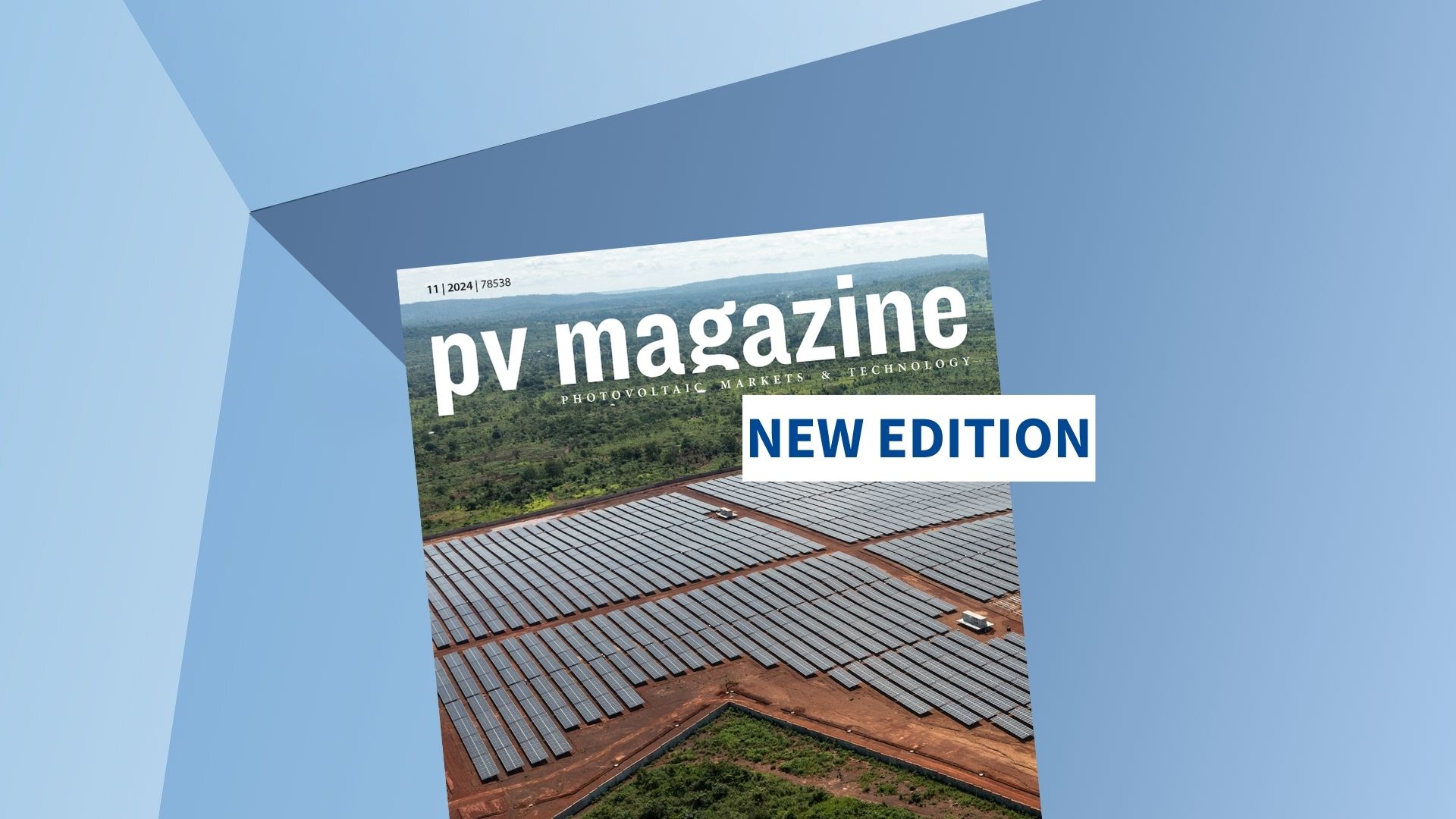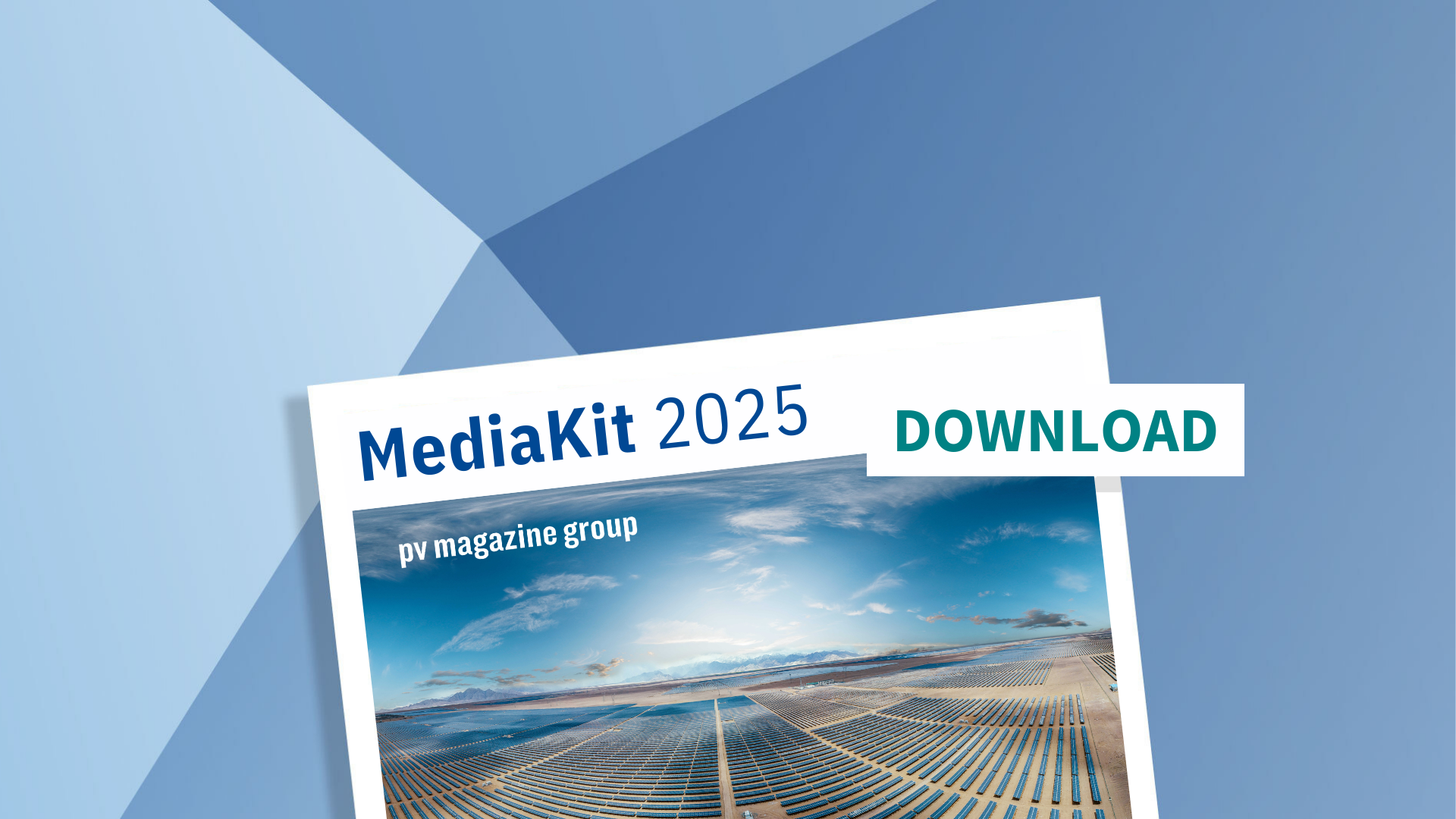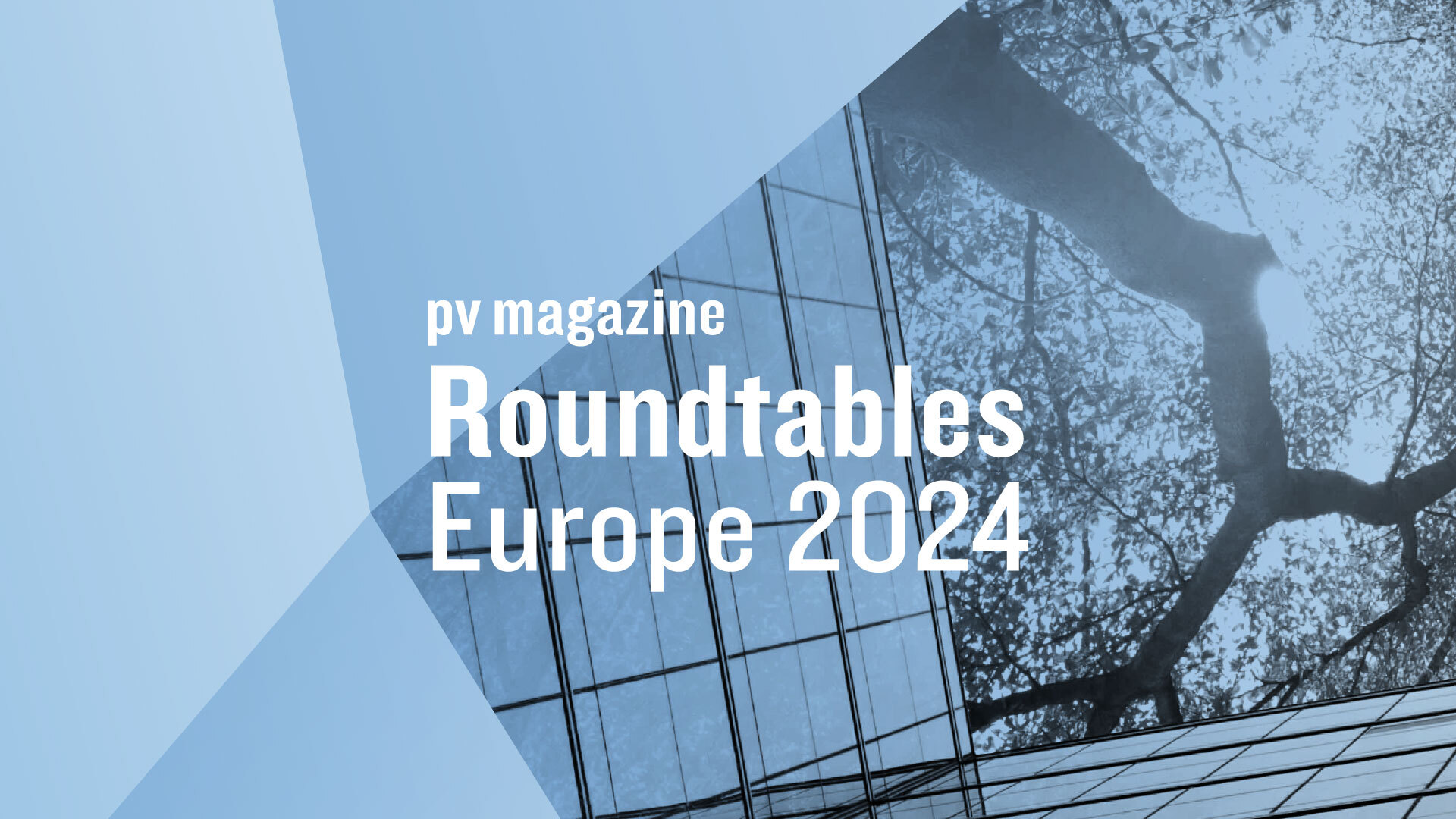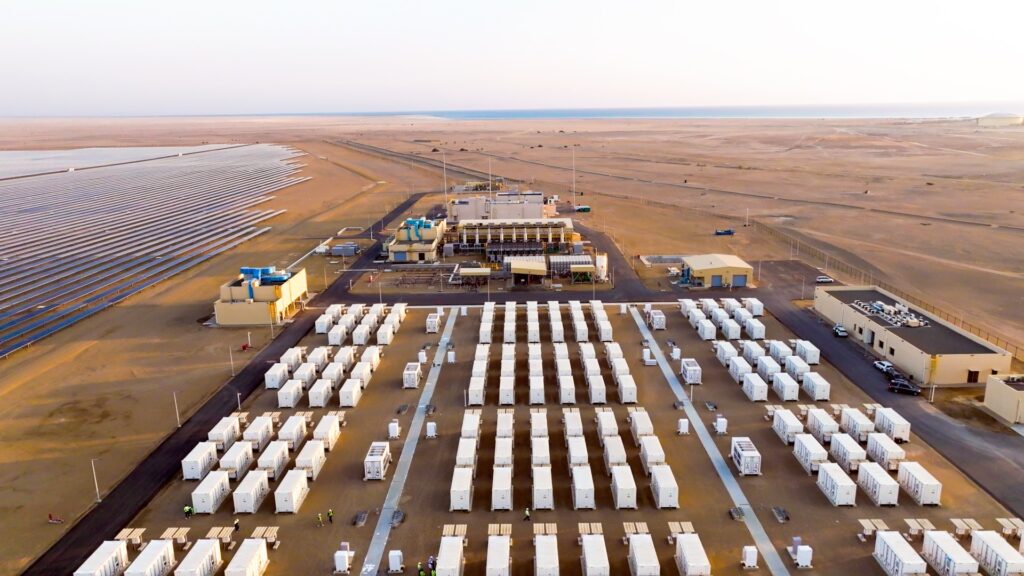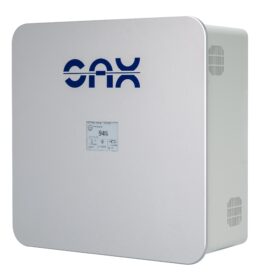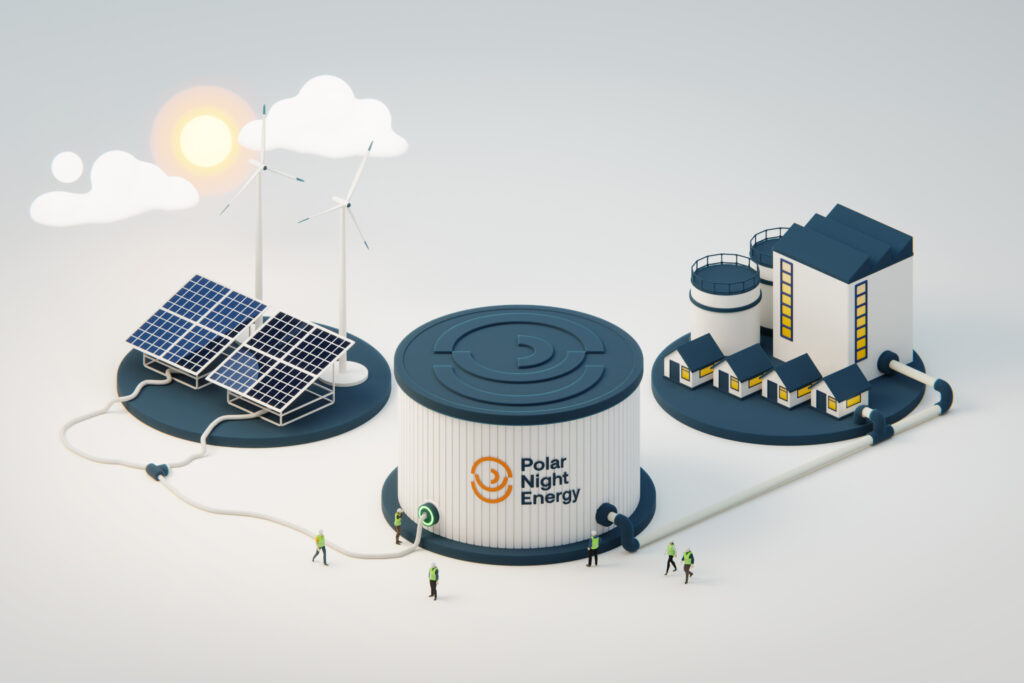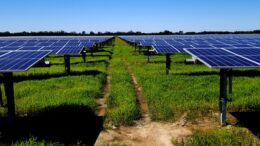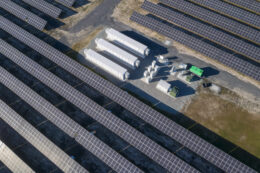CATL, Gotion deny US accusations of forced labor
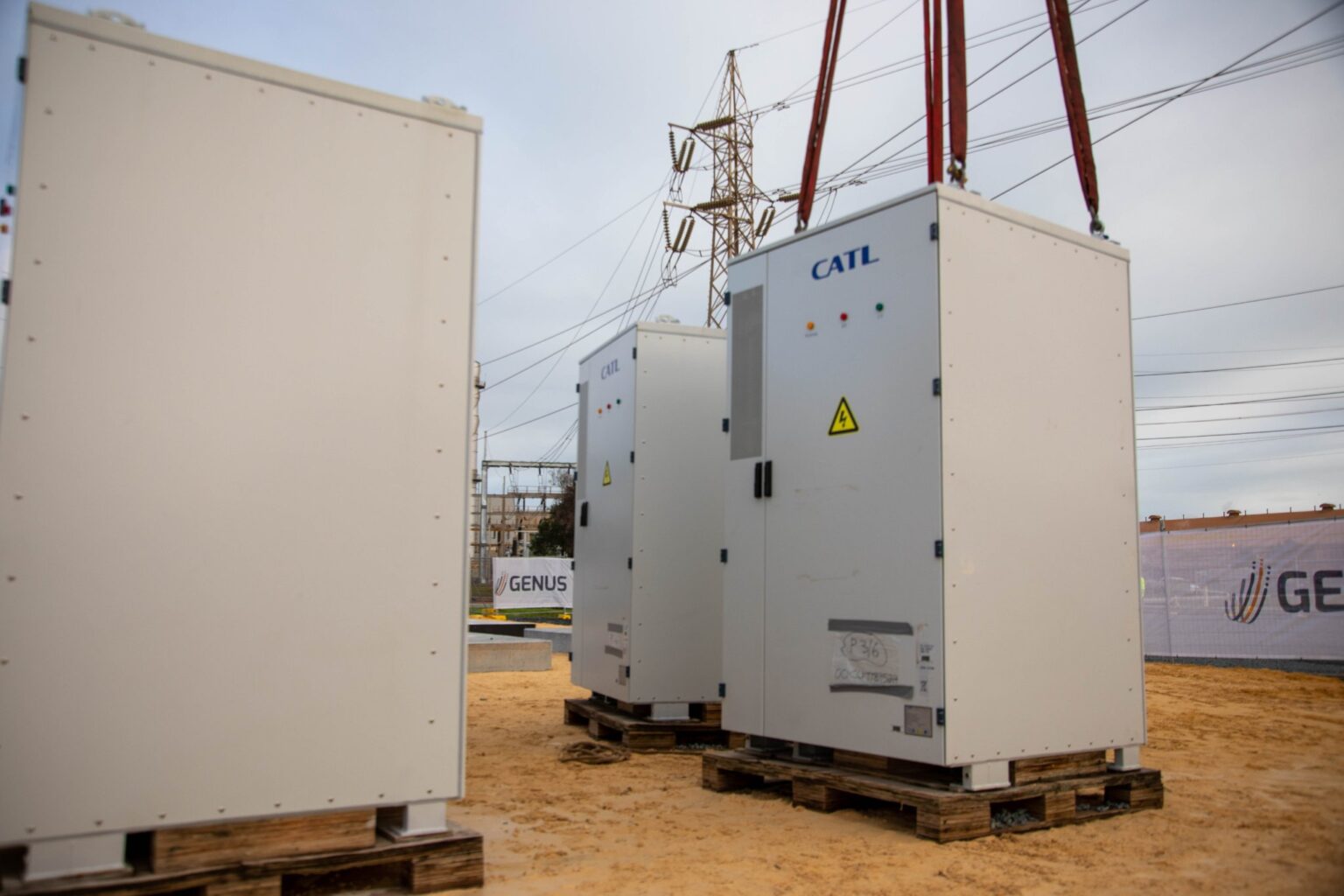
CATL and Gotion High-Tech have denied US lawmakers’ claims of forced labor in their supply chains, calling the accusations groundless and false.
On June 6, a group of US Republican lawmakers have called on the Department of Homeland Security (DHS) to immediately add CATL and Gotion High-Tech to a Uyghur Forced Labor Prevention Act (UFLPA) Entity List and and block the shipments of these companies from entering the US.
“The Select Committee has uncovered indisputable evidence that Gotion High-Tech and CATL have supply chains that are deeply connected to forced labor and the ongoing genocide of Uyghurs in China,” House Select Committee on the Chinese Communist Party Chairman John Moolenaar said. “The American people expect companies in the U.S. to avoid all involvement with the Chinese Communist Party’s campaign of genocide.”
CATL said in a press release on June 7 that the accusations are “groundless and completely false” and that information about some of its suppliers in the letter to the DHS is inaccurate and misleading.
“With some suppliers, business relations ceased long ago. With other suppliers, business relations have been conducted with different subsidiaries and with absolutely no connection to forced labor or anything that violates US applicable laws and regulations,” the company said.
CATL said it adheres to the highest business and ethical standards and has effective policies in place to ensure a responsible and sustainable supply chain according to the highest global standards.
CATL is the undisputed leader in battery manufacturing worldwide. It produced 37% of the world’s EV batteries and 43.4% of energy storage batteries for a grand total of 289 GWh in 2023.
Gotion High-Tech, which is also among world’s top 10 battery manufacturers and partially owned by Volkswagen, said any allegations suggesting it engages in forced labor or is related to that practice are “baseless and absolutely false.”
“Gotion High-Tech has consistently upheld the values of respecting human rights and protecting employee rights. Our selection of partners is also based on a rigorous audit mechanism and evaluation standards,” it said.
The UFLPA bans the import of goods which the US governement has qualified as linked to the alleged crimes against humanity against Uyghurs and other religious and ethnic minority groups in the Xinjiang Uyghur Autonomous Region.
Since the act was passed in December 2021 and enforced in 2022, more than 60 Chinese companies have been listed for UFLPA sanctions, across industries such as solar polysilicon, textiles, agriculture, plastics, batteries, household appliances, and electronics.

